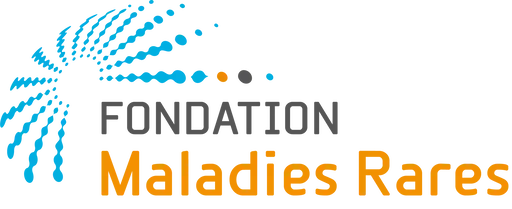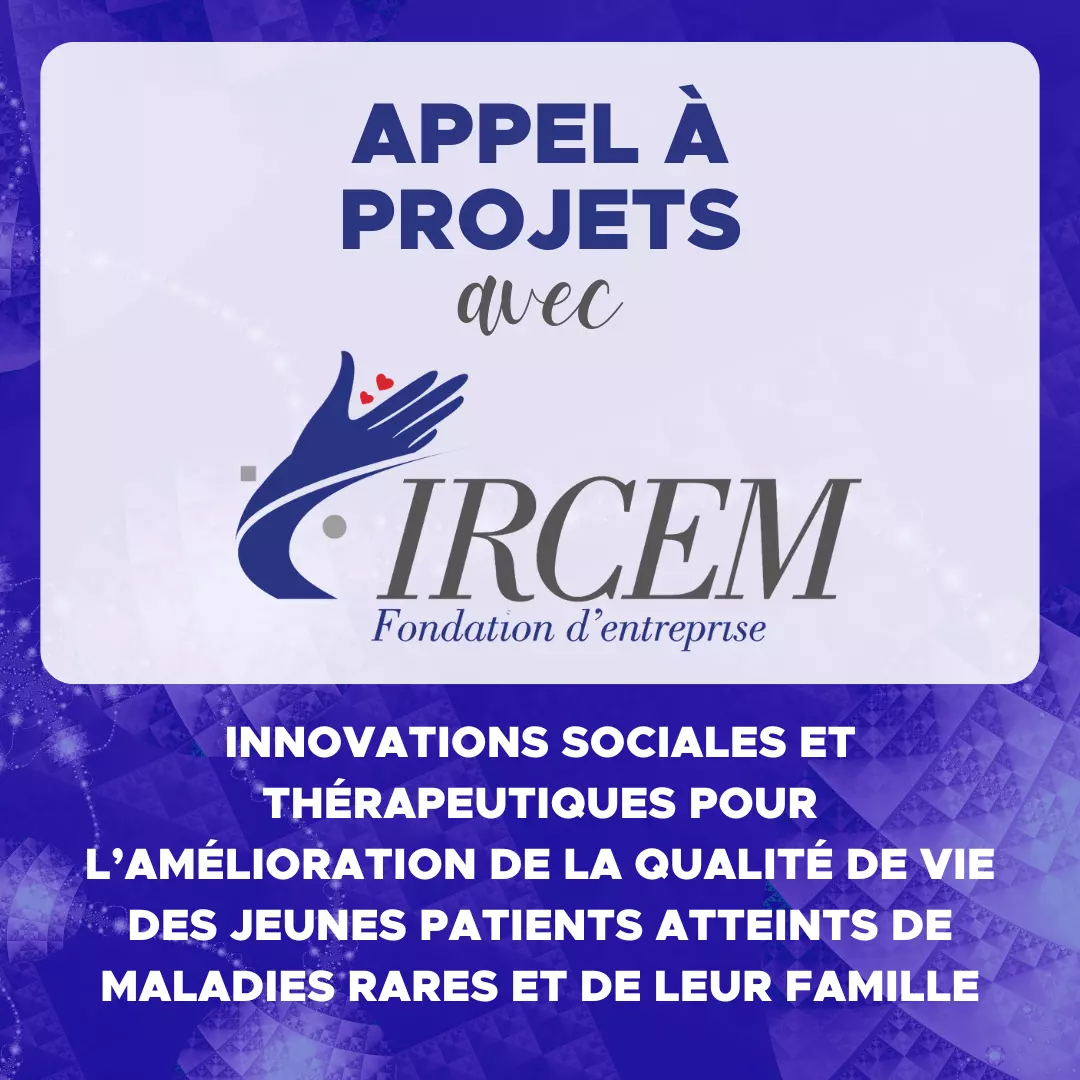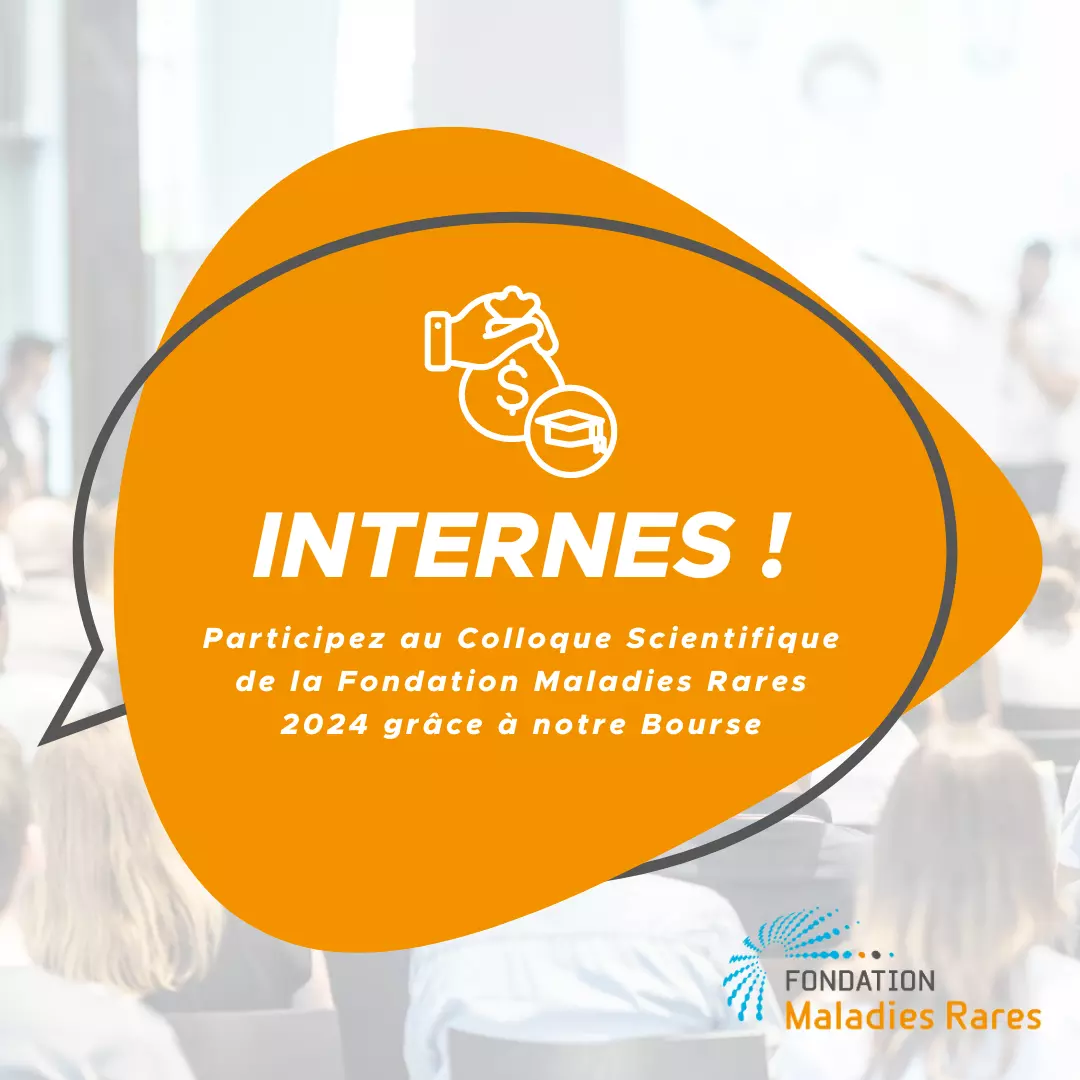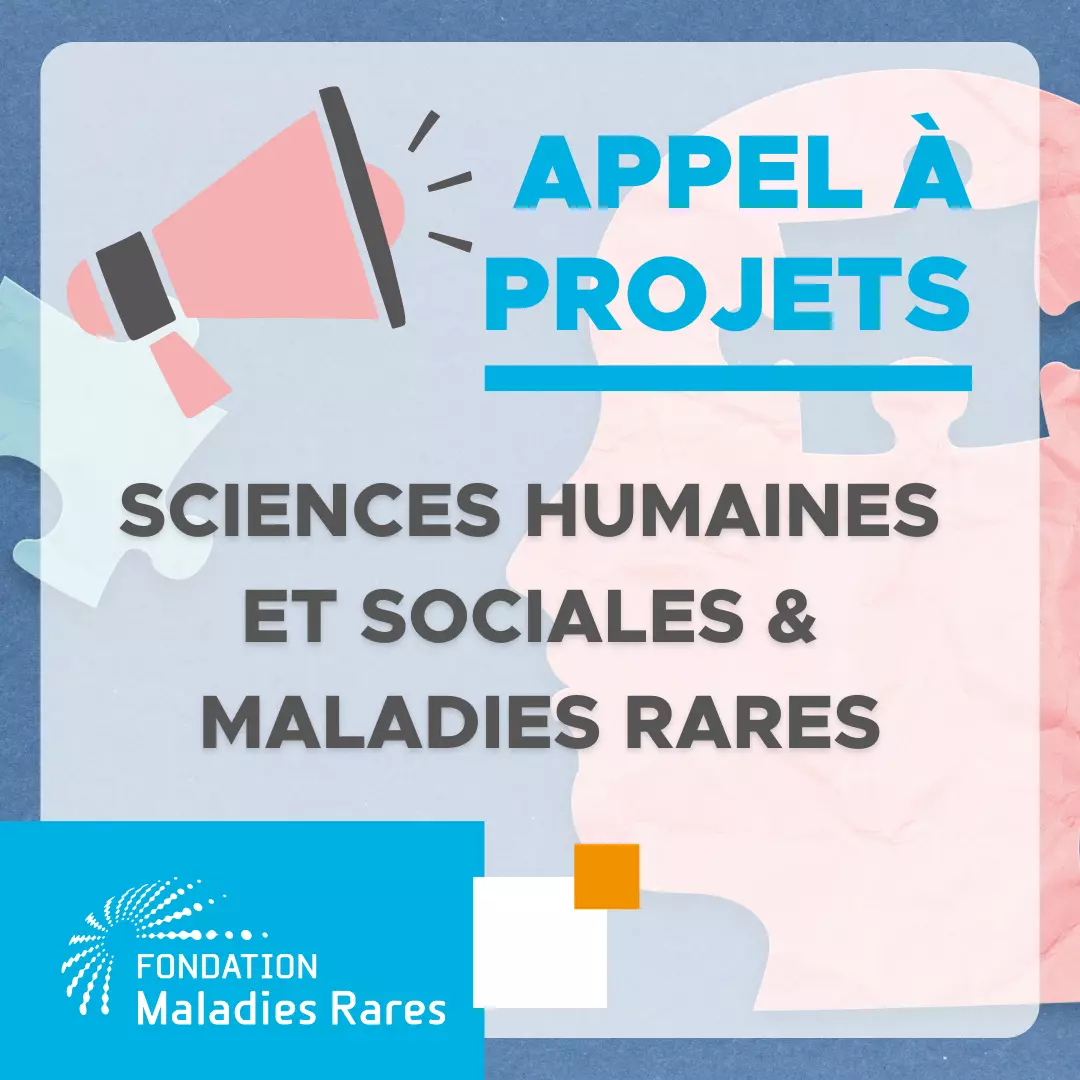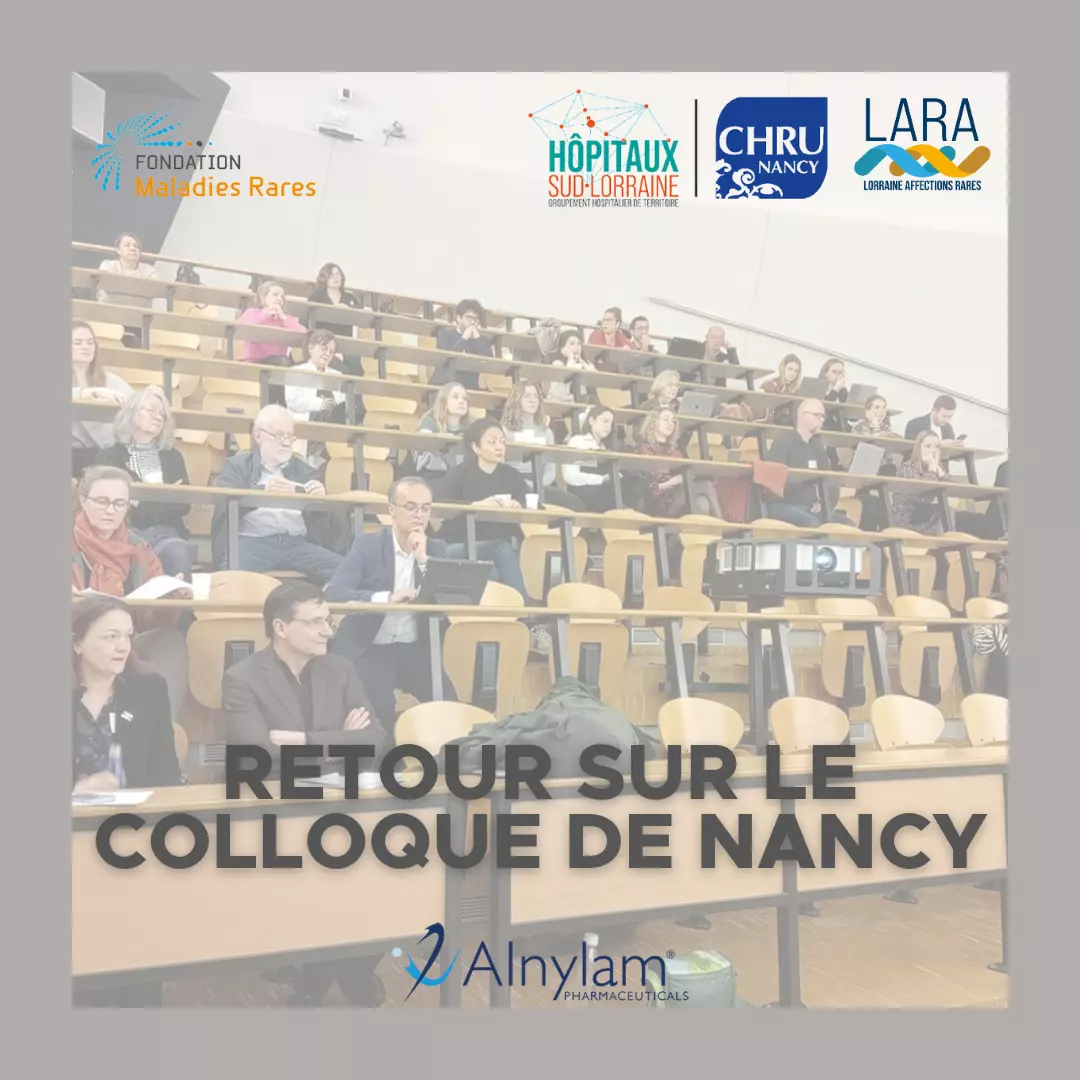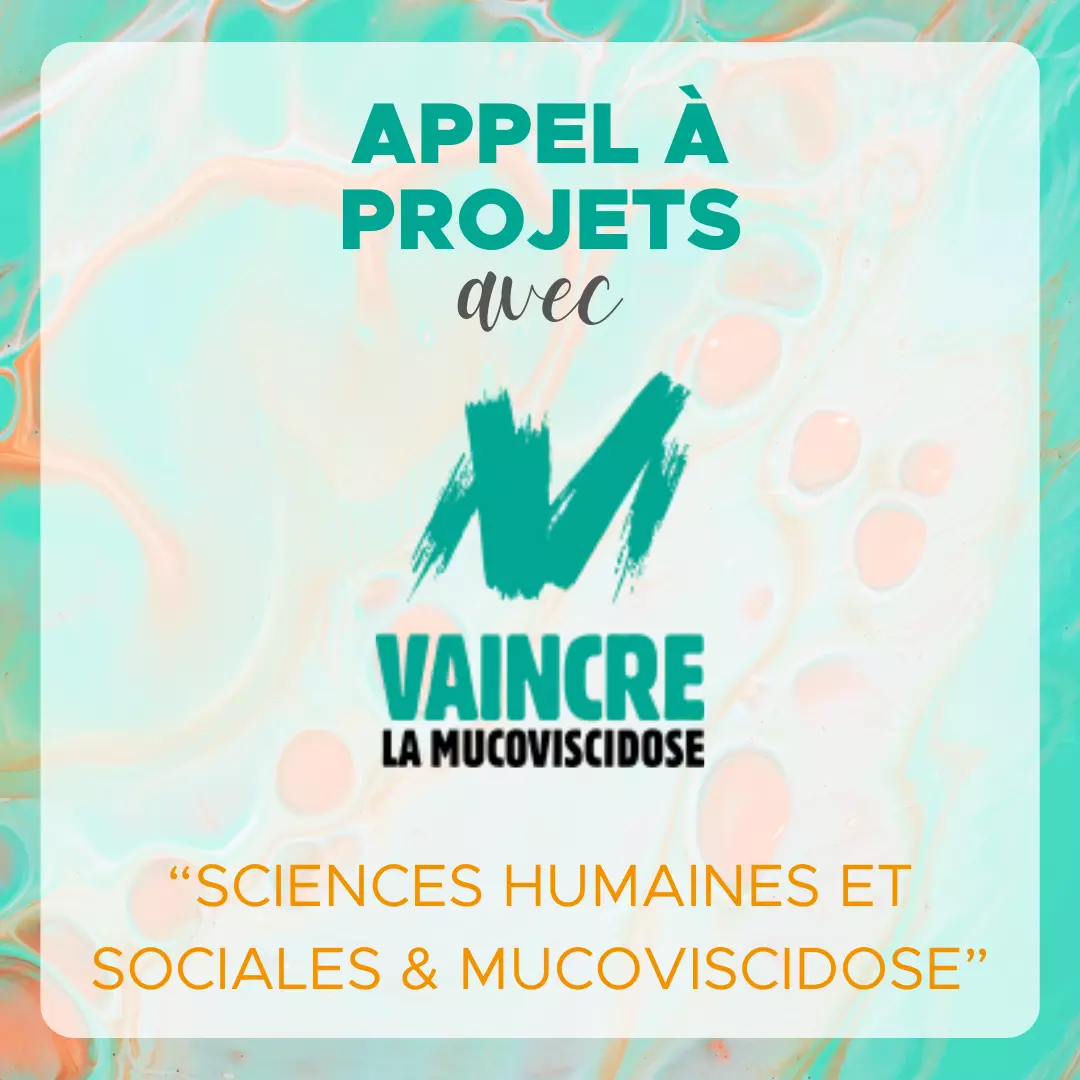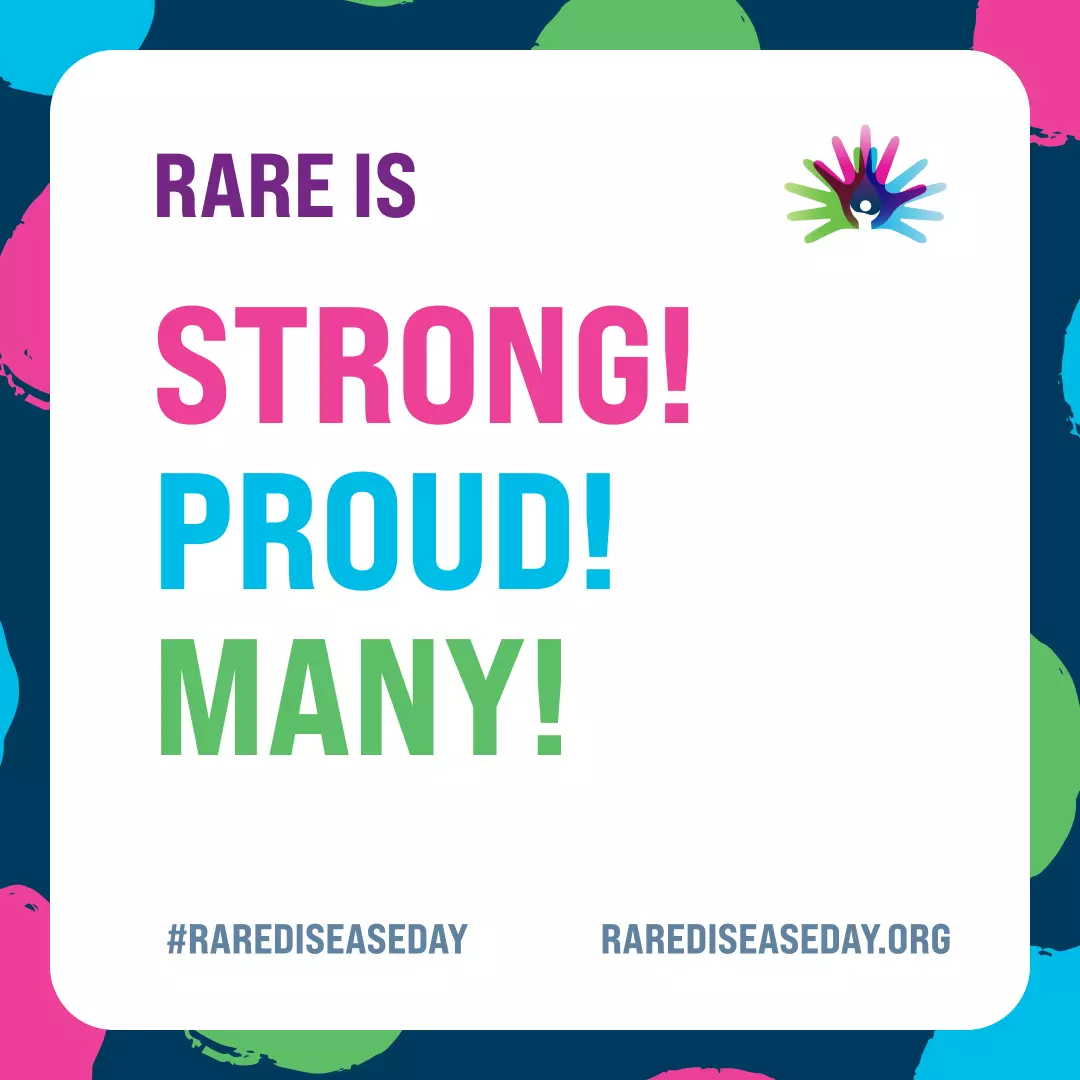A PROPOS
La Fondation Maladies Rares réunit les acteurs de la Recherche et du Soin
La Fondation a pour but de favoriser la conduite de projets de recherche et d’excellence scientifique ainsi que le partage et la diffusion des connaissances dans le domaine des maladies rares.
À LA UNE
Appels à projets, ateliers, MOOCs …
NOS ACTIONS
L’écosystème de la Fondation
Appel à projets
La Fondation Maladies Rares soutient une recherche d’excellence pour comprendre les causes et les mécanismes physiopathologiques des maladies rares
En savoir plus
Le club POC
En 2017, la Fondation a créé son Club de valorisation de la recherche : le Club POC « Proof Of Concept » qui met en lien les équipes de recherche académiques avec des
En savoir plus
Nos missions
La Fondation Maladies Rares porte une mission d’intérêt général : accélérer la recherche sur toutes les maladies rares et a pour ambition de contribuer à l’identification
En savoir plus
Nos évènements
La fondation organise et participe à des évènements tout au long de l’année pour présenter ses projets liées à la Recherche contre les Maladies Rares
En savoir plus
Chiffres clés de la Fondation

La Fondation Maladies Rares porte une mission d’intérêt général : accélérer la recherche sur toutes les maladies rares et a pour ambition de contribuer à l’identification des causes de chaque maladie, à l’émergence de candidats médicaments et à l’amélioration du parcours de vie des personnes concernées.
Découvrir nos résultats
années d’existence
associations impliquées
projets de recherche financés
M€ investis dans la recherche
NEWSLETTER
Tenez-vous informés des actions de la Fondation
Restez informés sur les actions de la Fondation et les actualités du domaine des maladies rares : appels à projets, congrès, journées d’informations, supports de communication, etc,.
